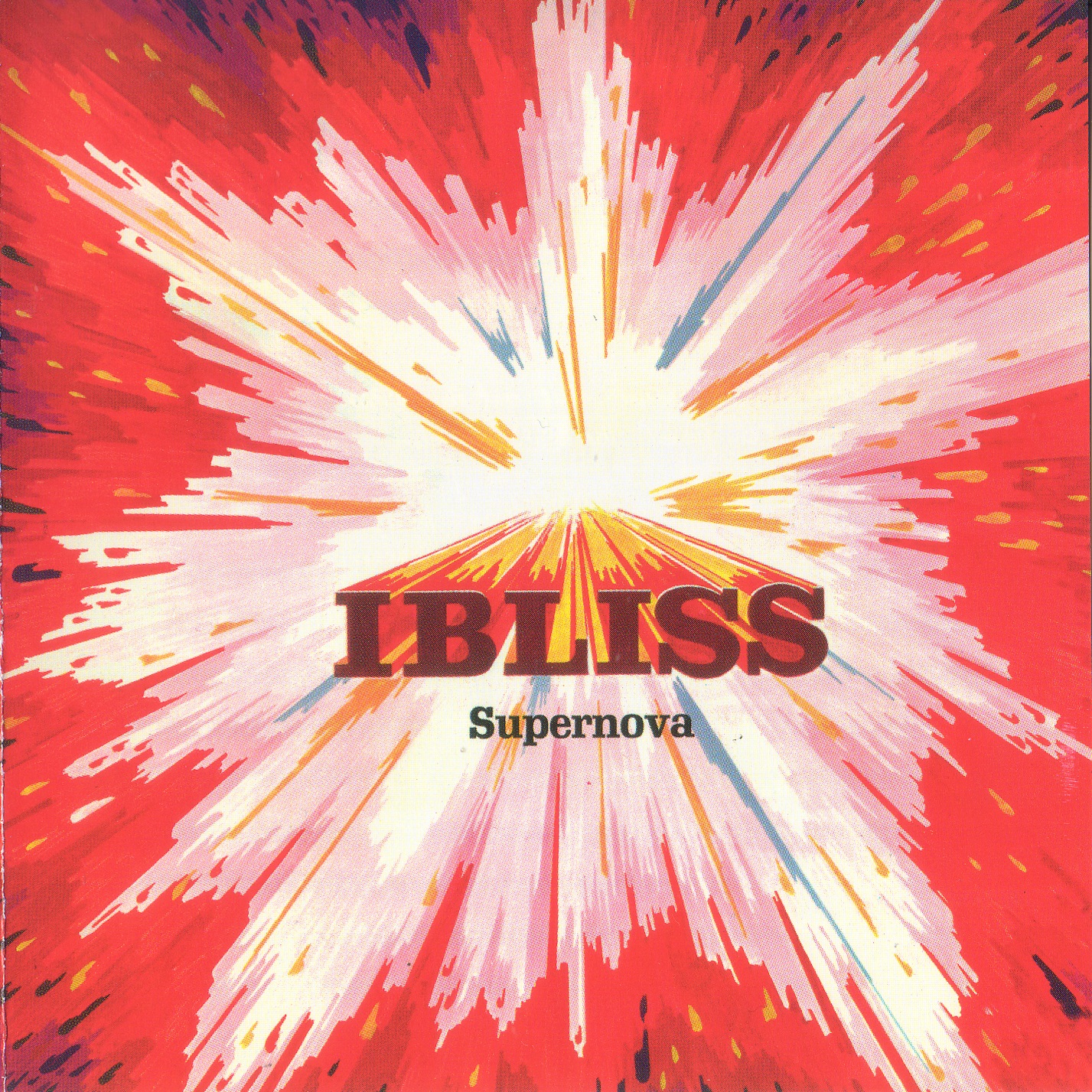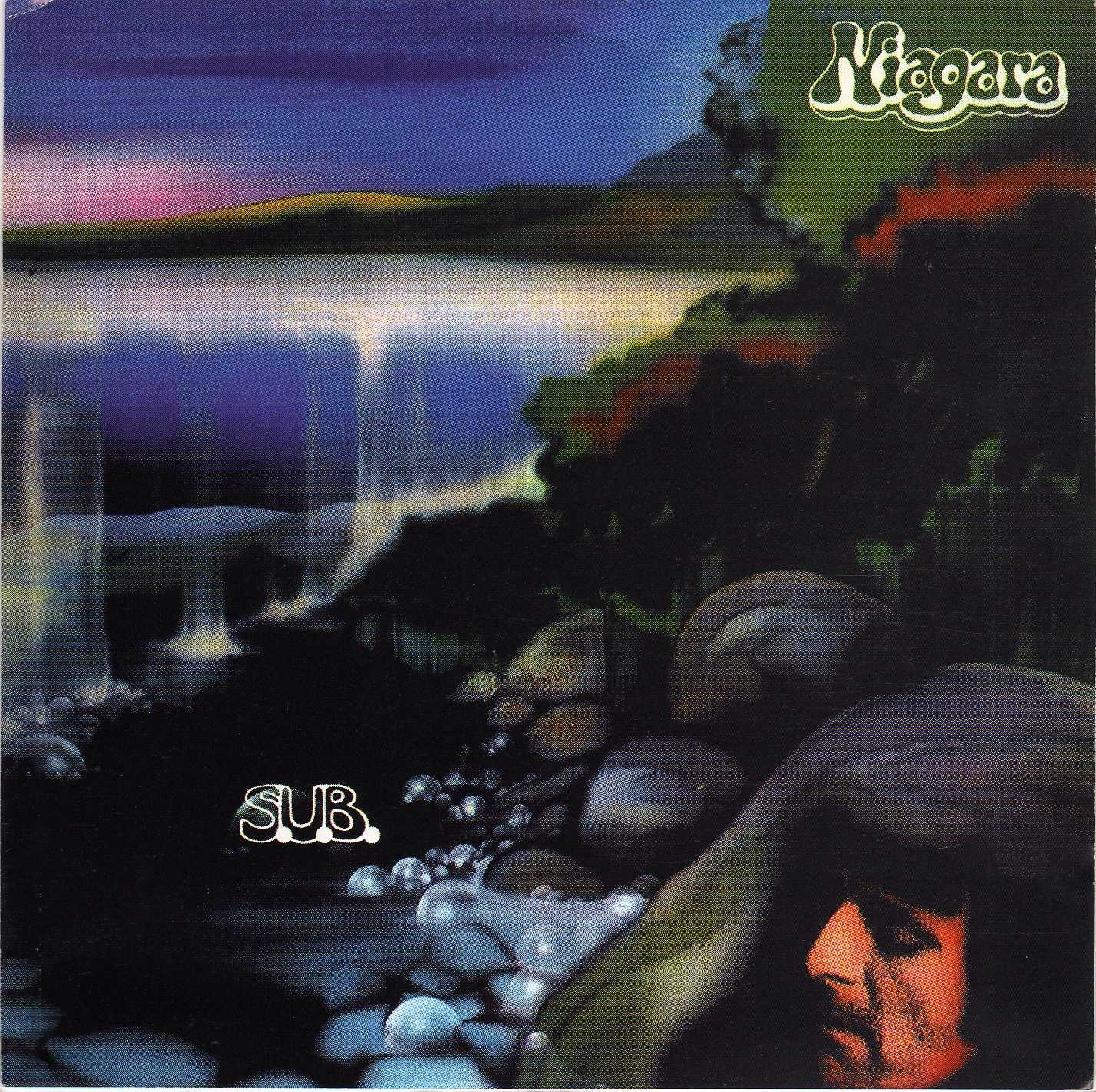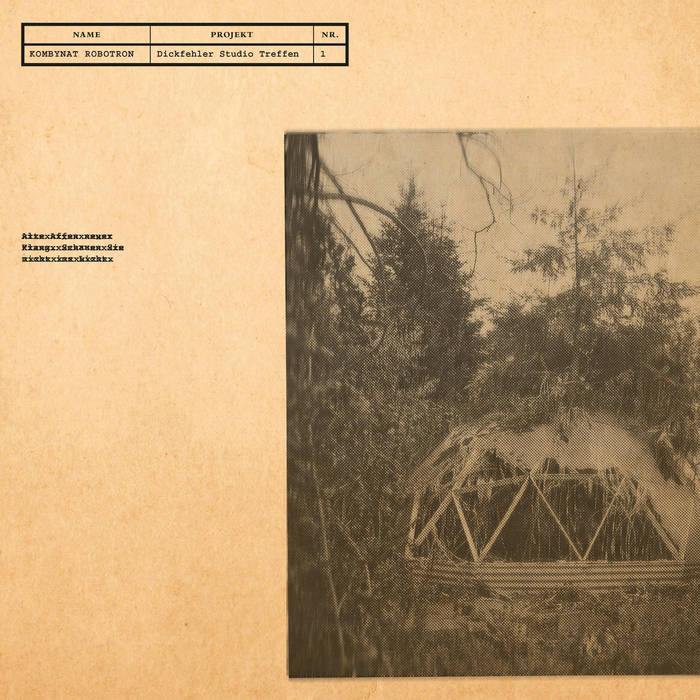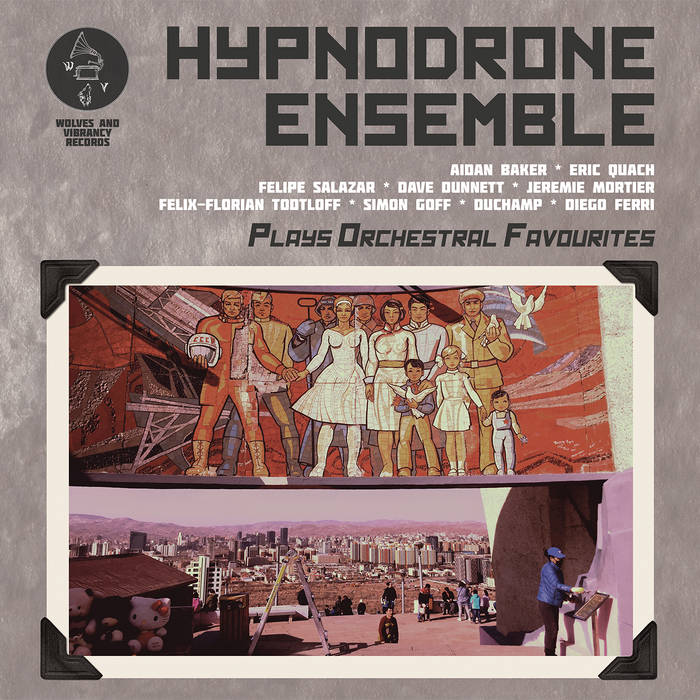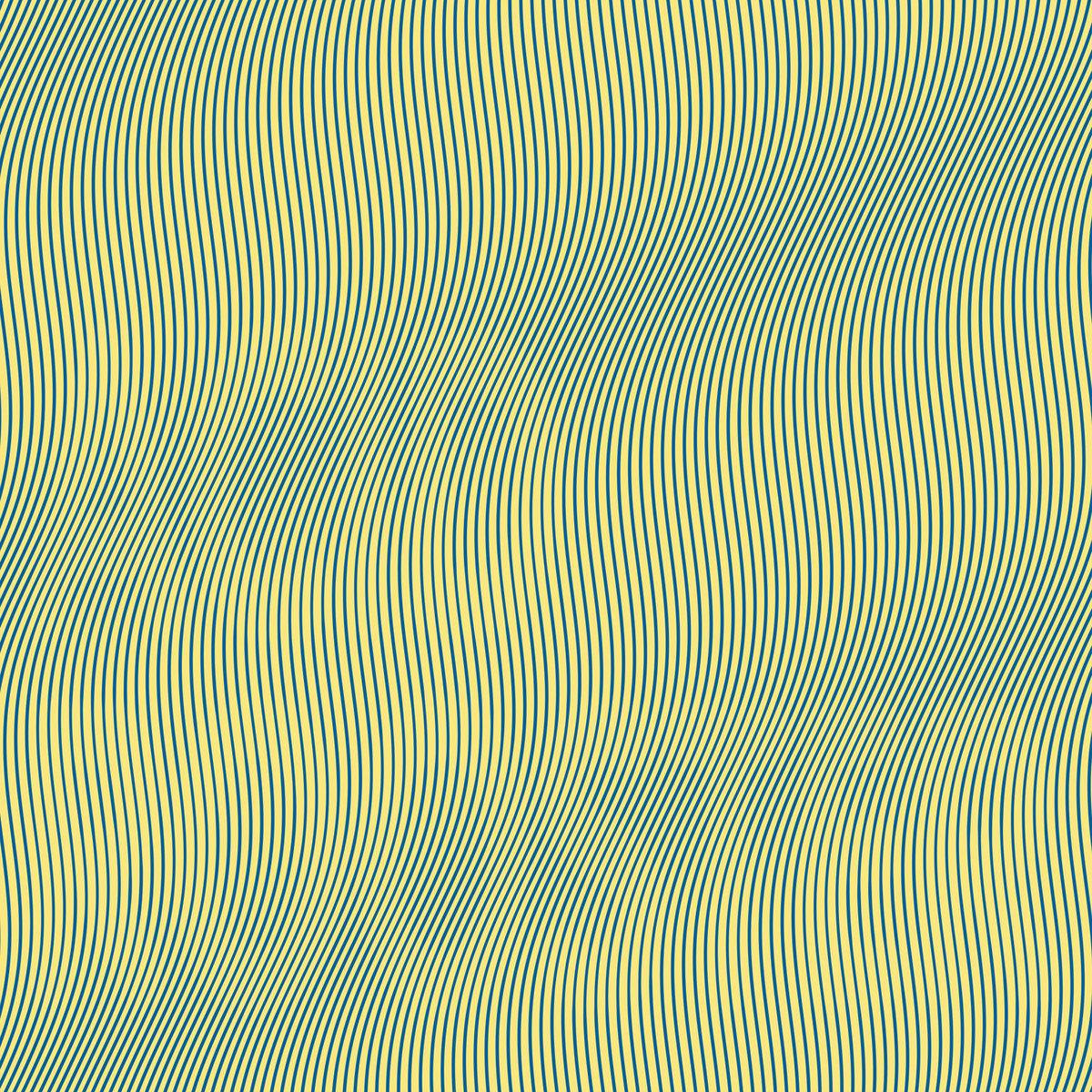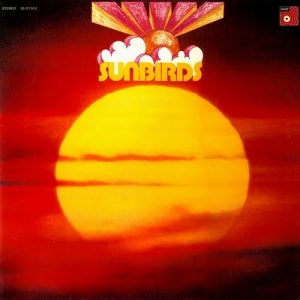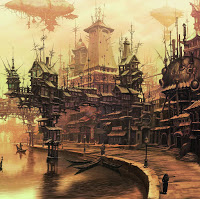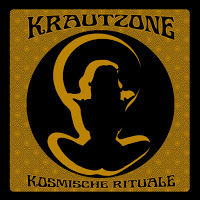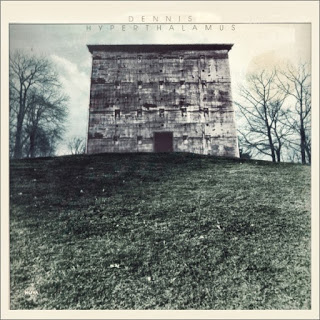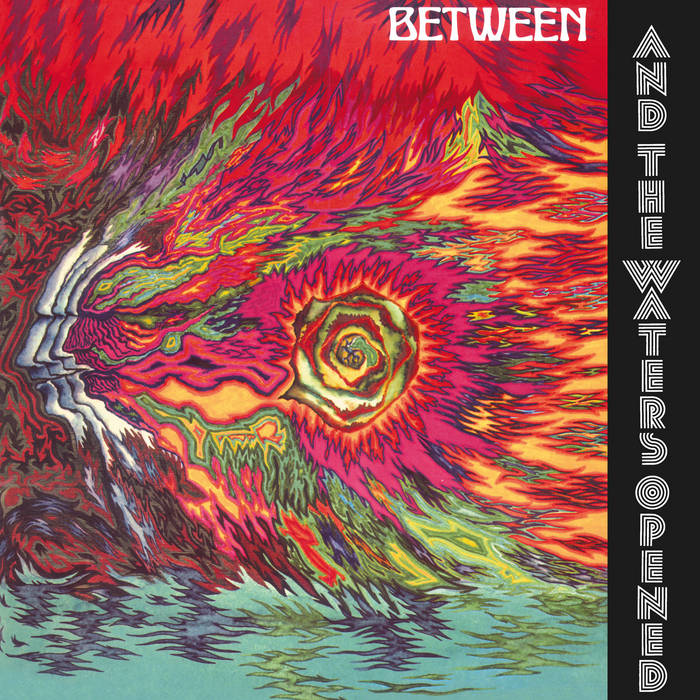
“Peter Michael HAMEL founded BETWEEN, an international band specialised in improvisational / « ethnic » rock music. The name Between comes from the fact that Hamel’s music is originaly “in-between”, always making a combination between “popular music” and “serious music”… “And the waters openened” recorded in 1973 carries on improvisations and acoustic exploration, played in a rather “spacey” rock atmosphere, sometimes closed to krautrock, weird flavour.”

